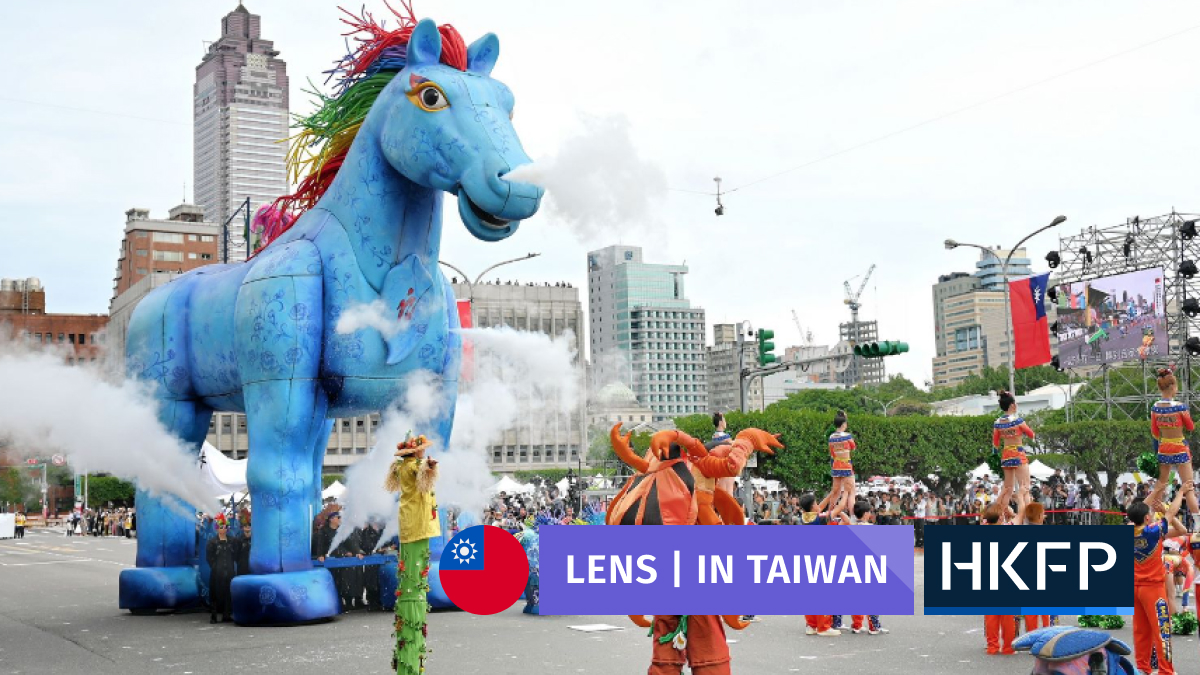New guidelines that encourage Hong Kong schools to act on anonymous complaints are unfair and are likely to prompt false allegations against teachers, a teachers’ union says.
The Education Bureau guidelines issued last week allow schools to act on anonymous complaints, a drastic change from previously, a Hong Kong Professional Teachers’ Union (HKPTU) spokesperson told a press briefing on Thursday.

The new rules say schools may decide whether to act on anonymous complaints depending on the seriousness of the allegations. If they decide not to respond, schools must keep a record of the reasons why they failed to act.
Past Education Bureau guidelines advised that, unless under exceptional circumstances, schools were not required to process anonymous complaints against teachers or if the complainant left no contact details, said the HKPTU’s vice-chairman Ip Kin-yuen.
“In the past, [anonymous complaints] typically would not be handled, but now what they said gives the impression that [anonymous complaints] typically would be responded to, and if you don’t, you are required to explain it,” Ip said, adding that the union “strongly protests” at the change.
Teachers have been facing increasing scrutiny inside and outside classrooms in the wake of the city’s 2019 protests. The Education Bureau (EDB) has received 269 complaints against teachers over professional misconduct related to the protests, Secretary for Education Kevin Yeung told the legislature on Wednesday. Three teachers have had their licences revoked while the government issued over 150 warning letters.
Pro-establishment lawmakers have been urging the government to install surveillance cameras in classrooms.

Ip said other Hong Kong statutory or professional organisations — such as the Ombudsman or the Social Workers Registration Board — do not accept anonymous complaints. Nor did teachers’ regulatory authorities in other countries.
Lowering the bar
“If we accept anonymous complaints, it would lower the bar for making complaints and the cost of making false complaints,” Ip said. “Why would the EDB go against world trends and, instead, encourage anonymous complaints?”
The HKPTU had learnt that the bureau passed on many anonymous complaints to schools and required them to investigate internally, Ip said, even though it was unable to furnish any evidence. When schools found no evidence to support the complaints, the bureau refused to accept this and told schools to investigate again until a satisfactory result was obtained, Ip said.

“What’s shocking is that [the guideline] says schools should not let the person targeted by the complaint know that it was an anonymous complaint,” he said. “We never had such a rule and we are unable to understand it or to accept it.”
“This is pressure on the schools and is also very unfair to the teachers.”
The guidelines also shortened the complaint handling time from several months to just one month, said HKPTU chairman Fung Wai-wah.
The new guidelines also include a complaint handling sample form. This includes a mock complaint about a teacher targeted by hundreds of anonymous complaints claiming that the teacher posted vulgar language on social media against people of opposing political opinion, and showed the posts to students.
The mock complaint found that the first allegation about the teacher’s speech on a closed social media account was substantiated, but the second allegation — that it was shown to students — was not.
“What message does the EDB want to convey?” Fung said. “The message is that you will get into trouble even though [what you shared was] on social media or in private… even if you never promoted any political opinion in class.”
Support HKFP | Policies & Ethics | Error/typo? | Contact Us | Newsletter | Transparency & Annual Report | Apps
Help safeguard press freedom & keep HKFP free for all readers by supporting our team

LATEST FROM HKFP
HKFP has an impartial stance, transparent funding, and balanced coverage guided by an Ethics Code and Corrections Policy.
Support press freedom & help us surpass 1,000 monthly Patrons: 100% independent, governed by an ethics code & not-for-profit.










